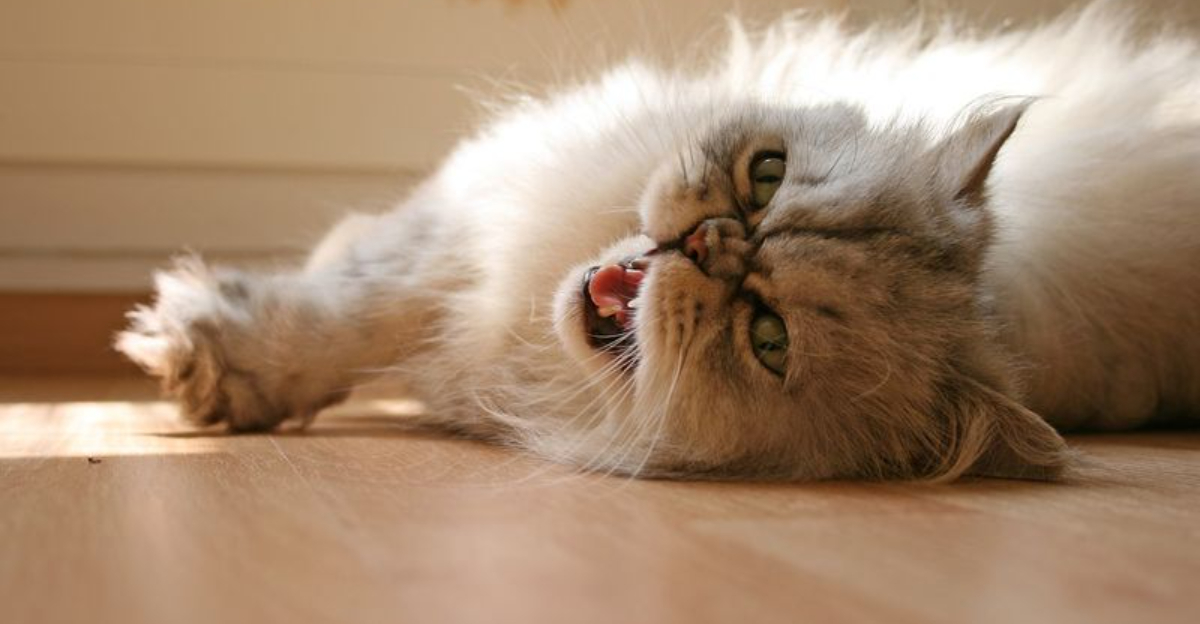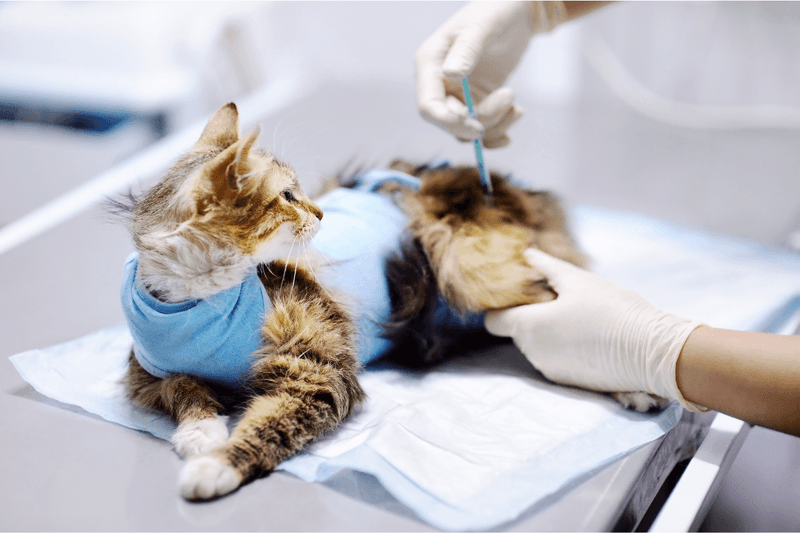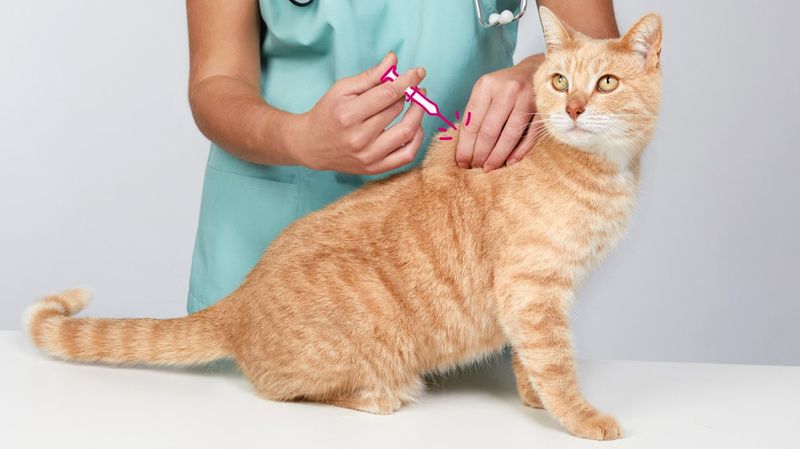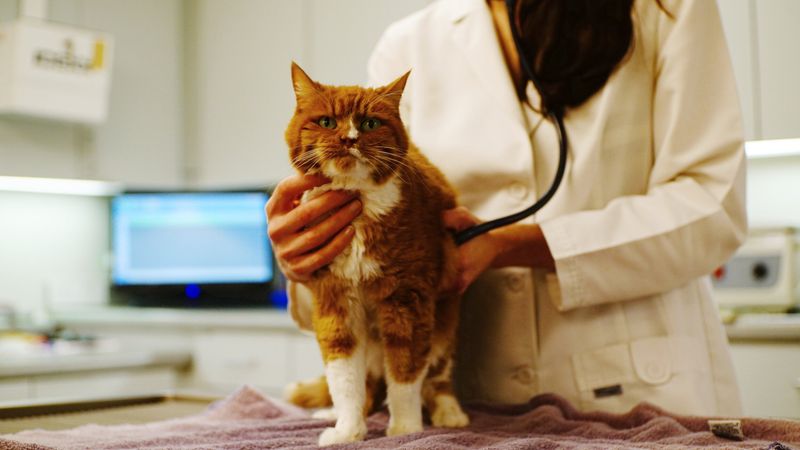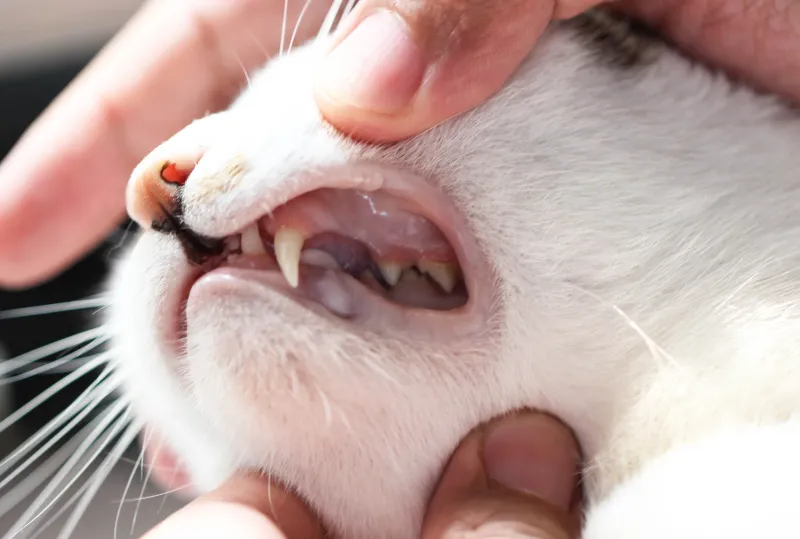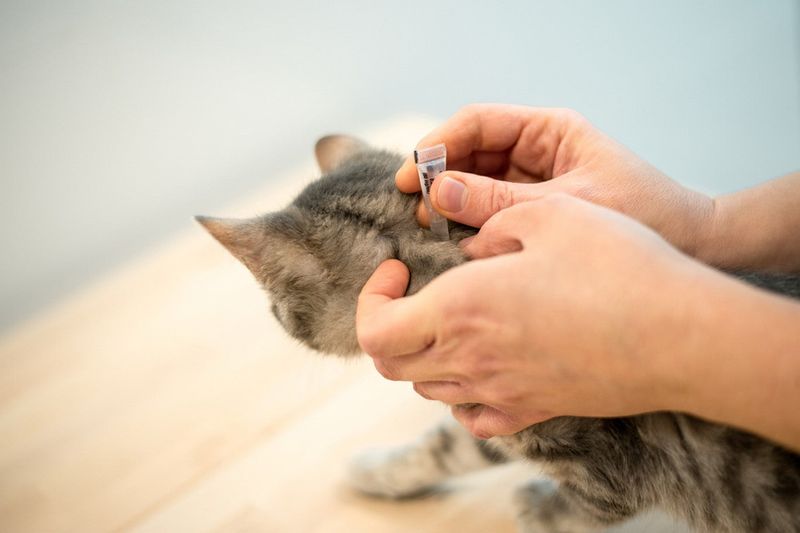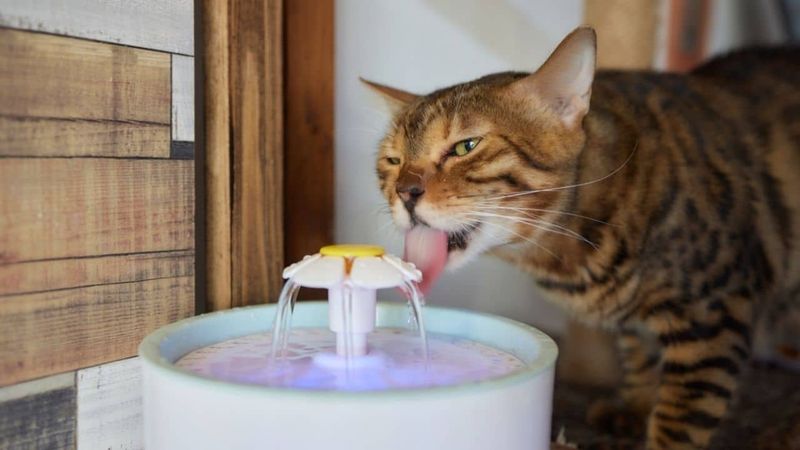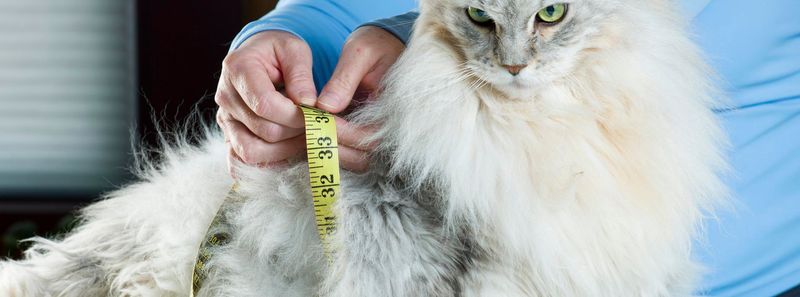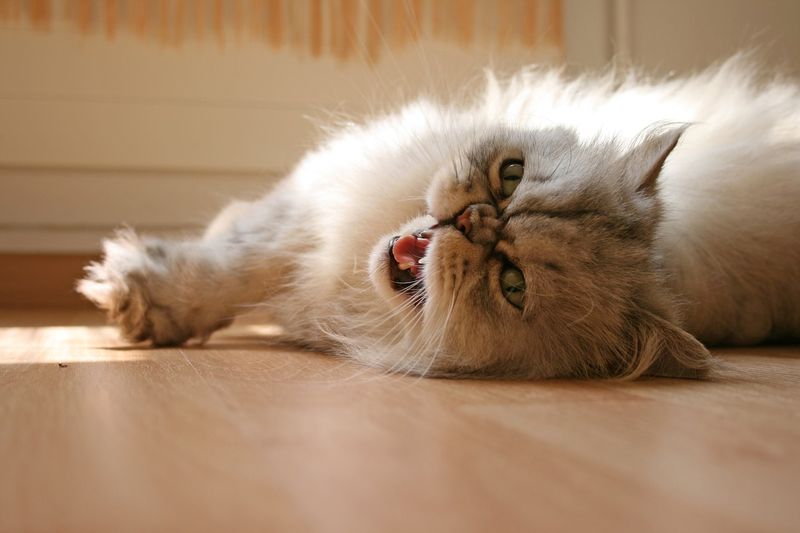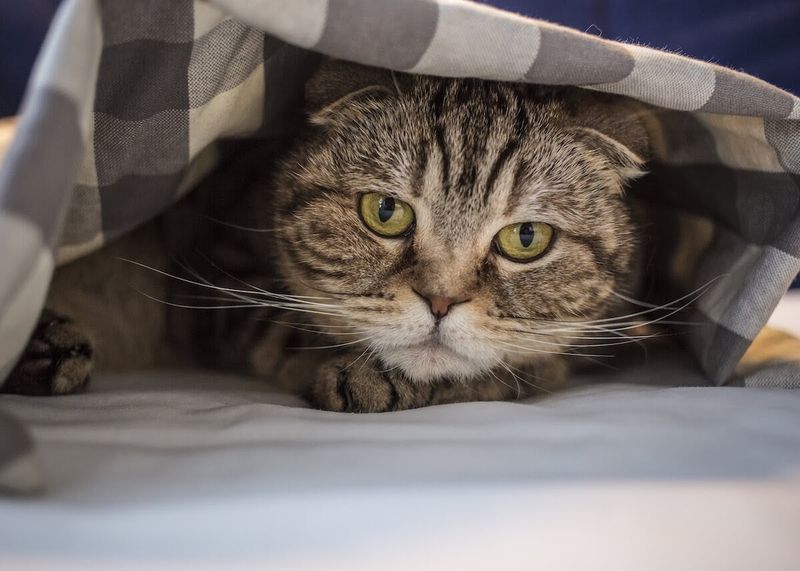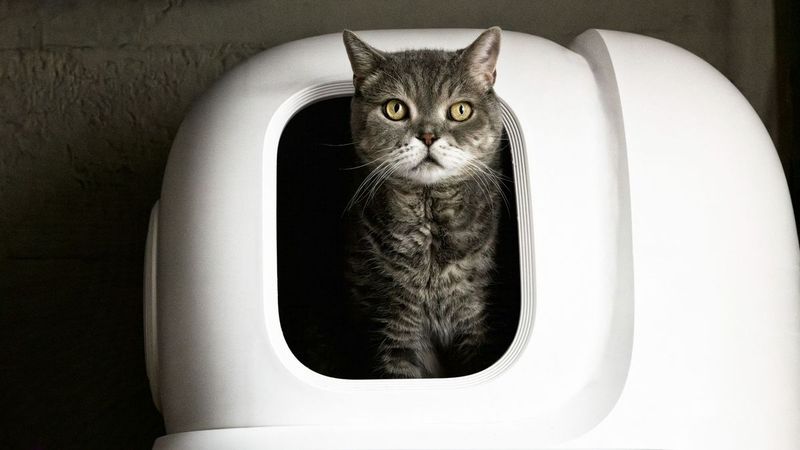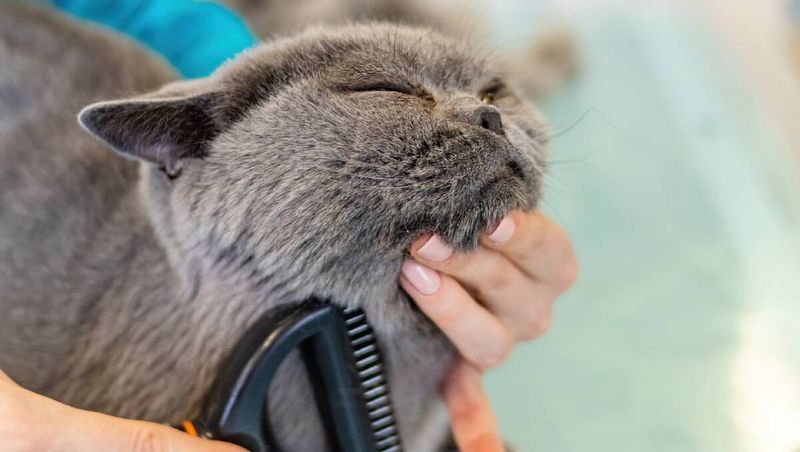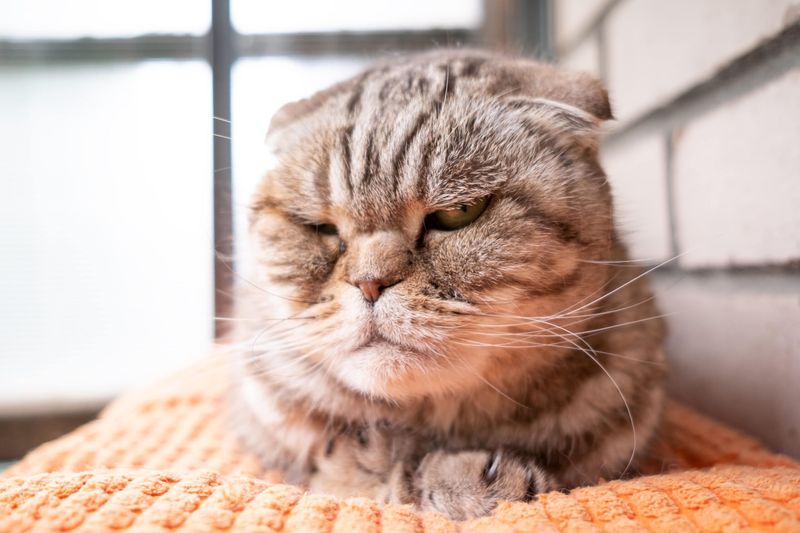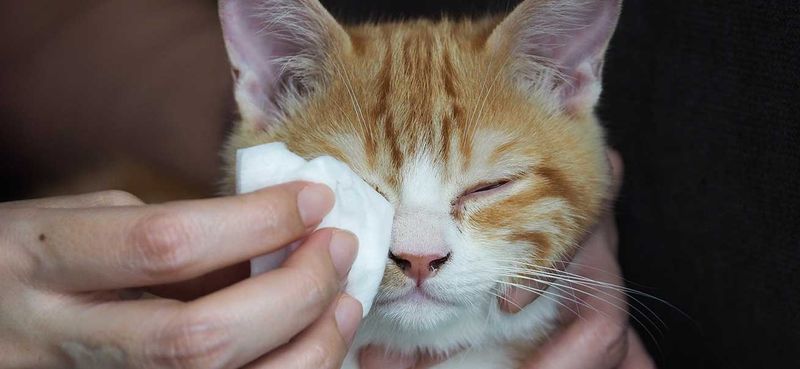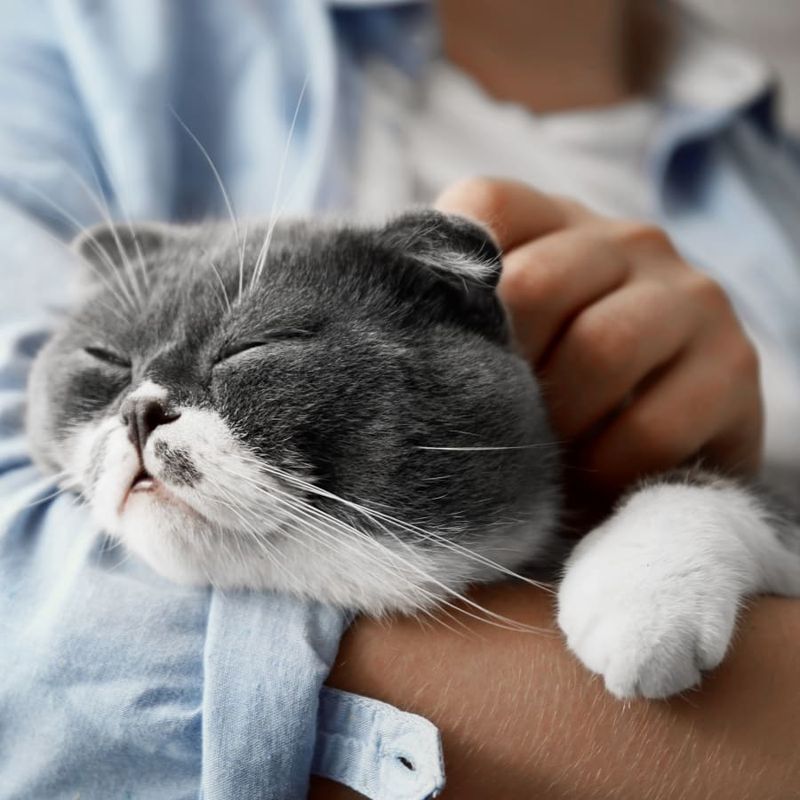📖 Table of Content:
- 1. Core Vaccinations
- 2. Non-Core Vaccinations
- 3. Veterinary Check-Ups
- 4. Dental Health Check-Ups
- 5. Parasite Prevention
- 6. Balanced Nutrition
- 7. Hydration Monitoring
- 8. Weight Management
- 9. Indoor Safety Measures
- 10. Stress Reduction
- 11. Litter Box Maintenance
- 12. Regular Grooming & Coat Checks
- 13. Behavioral Observation
- 14. Eye & Ear Health Checks
- 15. Senior Cat Health Screenings
Caring for our felines goes beyond simply treating illnesses—it requires a proactive approach to maintaining their overall health and well-being. Preventative care plays a crucial role in ensuring that cats remain healthy, reducing the risk of serious medical conditions before they arise. Rather than waiting for symptoms to appear, responsible pet owners take steps to protect their cats through vaccinations, routine vet visits, and proper daily care. By staying ahead of potential health concerns, cat owners can significantly improve their pets’ quality of life and longevity.
A well-rounded preventative care plan includes core and non-core vaccinations, which shield cats from life-threatening diseases. Regular veterinary check-ups allow early detection of health issues, ensuring timely treatment and intervention. Proper parasite prevention, dental hygiene, and weight management further contribute to a cat’s overall health. Additionally, maintaining a stress-free environment and providing a well-balanced diet help prevent behavioral and physical ailments.
Beyond medical care, daily routines such as grooming, hydration monitoring, and litter box maintenance play a vital role in a cat’s health. Observing changes in behavior, appetite, or energy levels can provide early warning signs of illness. Senior cats, in particular, require additional screenings to monitor age-related conditions like kidney disease and arthritis. By prioritizing preventative care and recognizing their unique needs, cat owners can ensure their furry companions live happy, healthy lives.
1. Core Vaccinations
Core vaccinations form the backbone of a cat’s preventative health care, providing essential protection against life-threatening viruses. Vaccines for rabies, feline herpesvirus, calicivirus, and panleukopenia are crucial. Each of these vaccinations protects against severe diseases that can cause significant harm. Cats, whether indoor or outdoor, need these basic protections as they can encounter pathogens indirectly. Rabies, in particular, is a zoonotic disease that can affect humans too, making this vaccine vital for household safety. Feline herpesvirus and calicivirus are highly contagious, stressing the importance of immunization. Ensuring your cat receives these vaccines on schedule is critical for their lifelong health.
2. Non-Core Vaccinations
Tailoring vaccinations to a cat’s unique lifestyle and exposure risks ensures they receive the protection they truly need. For example, the FeLV vaccine is beneficial for cats that spend time outdoors or interact with other felines, as it guards against the feline leukemia virus. Similarly, the Bordetella vaccine may be recommended for cats frequently in contact with other pets, such as those in boarding facilities. While these non-core vaccines are not essential for every cat, they offer critical defense in specific situations. Consulting with a veterinarian about your cat’s habits and environment helps determine the most appropriate vaccinations, providing targeted protection without unnecessary treatments.
3. Veterinary Check-Ups
Annual veterinary check-ups are the cornerstone of preventative health care, allowing for early detection of potential health issues. During these visits, the vet will assess your cat’s overall health, conduct necessary tests, and update vaccinations as needed. Regular exams can reveal hidden problems, such as dental issues or early stages of kidney disease, that may not be immediately apparent. These yearly visits also provide an opportunity to discuss any behavioral changes or specific concerns you may have. Establishing a routine with your vet ensures that your cat’s health is closely monitored and maintained, promoting a long and happy life.
4. Dental Health Check-Ups
Maintaining a cat’s dental health is crucial in preventing painful conditions and more serious systemic illnesses. Routine dental check-ups help reduce the risk of periodontal disease, a common issue that can lead to tooth loss and infections if left untreated. Poor oral hygiene is also associated with severe health problems, including heart disease and kidney infections, making regular care essential. During a vet visit, a thorough examination of the teeth and gums can reveal tartar buildup, gum inflammation, or early signs of decay. Combining professional cleanings with at-home dental care ensures your cat’s mouth remains healthy, comfortable, and free from pain.
5. Parasite Prevention
Protecting your cat from parasites is an essential part of maintaining their overall health and well-being. Regular prevention measures against fleas, ticks, and heartworms help avoid infestations that can lead to severe discomfort and serious medical conditions. These parasites pose various risks, from skin irritation and allergic reactions to life-threatening diseases. Fleas can cause anemia, ticks may transmit Lyme disease, and heartworms can severely damage a cat’s heart and lungs. Consistently using veterinarian-approved preventive treatments is the best way to keep your cat safe, comfortable, and free from harmful parasites.
6. Balanced Nutrition
Ensuring a cat receives balanced nutrition is essential for their overall health and longevity. A high-quality, species-appropriate diet provides the necessary nutrients to support growth, immune function, and weight management. As obligate carnivores, cats require a diet rich in animal proteins and healthy fats to thrive. Avoiding low-quality foods with excessive fillers and carbohydrates helps prevent obesity and related health issues. Regularly monitoring your cat’s eating habits and consulting with a veterinarian ensures their diet meets all nutritional needs, promoting long-term vitality and well-being.
7. Hydration Monitoring
Keeping your cat properly hydrated is essential for supporting kidney health and preventing urinary tract issues. Since cats are naturally prone to kidney disease, ensuring they consume enough water helps reduce the risk of dehydration-related complications. Using water fountains or providing multiple water sources can encourage drinking by keeping the water fresh and appealing. This is especially important for cats that primarily eat dry food, as they may require additional hydration. Regularly monitoring their water intake and consulting a veterinarian if any changes occur can help maintain their overall health and well-being.
8. Weight Management
Maintaining a healthy weight is essential for preventing serious health issues in cats, including diabetes, joint problems, and heart disease. Proper weight management requires a balance of portion control and regular physical activity to keep excess pounds at bay. Monitoring your cat’s body condition and adjusting their diet accordingly can help prevent obesity and its associated risks. Engaging in interactive play sessions and using food puzzles or treat dispensers can encourage movement while making mealtime more stimulating. Consulting with your veterinarian for guidance on an ideal weight and nutrition plan ensures your cat stays fit, active, and healthy throughout their life.
9. Indoor Safety Measures
Ensuring indoor safety is essential for protecting your cat from potential hazards while maintaining their well-being. Indoor cats face fewer risks from diseases, injuries, and predators, but they still require a stimulating environment to stay active and engaged. Providing cat trees, scratching posts, and interactive toys helps prevent boredom and encourages natural behaviors. Securing windows, balconies, and other high places reduces the risk of falls, while avoiding toxic plants ensures a safe living space. For those allowing outdoor access, a secure enclosure or supervised garden time can offer fresh air and exploration while minimizing dangers.
10. Stress Reduction
Stress reduction is important for preventing anxiety-related illnesses in cats. Providing a calm and enriching environment with plenty of hiding spots and scratching posts helps alleviate stress. Cats are sensitive to changes, so maintaining a consistent routine minimizes stress from environmental shifts or new additions to the household. Enrichment through interactive toys and puzzles keeps them mentally stimulated, reducing boredom and related stress. Pay attention to your cat’s behavior, as signs of stress can manifest in various ways. If stress is suspected, consult a veterinarian to explore options like pheromone diffusers or behavioral therapy to improve your cat’s well-being.
11. Litter Box Maintenance
Proper litter box maintenance is essential for your cat’s health, hygiene, and overall well-being. A clean litter box helps prevent urinary tract infections and encourages consistent elimination habits. Scooping waste daily and regularly changing the litter ensures freshness and reduces odors, making the box more inviting for your cat. The type of litter and the location of the box also play a role in your cat’s comfort, with quiet, easily accessible areas being ideal. Routine cleaning allows you to monitor for any changes in waste consistency or frequency, which could indicate health issues that should be discussed with your veterinarian.
12. Regular Grooming & Coat Checks
Routine grooming and coat checks are essential for keeping your cat’s skin and fur healthy. Brushing regularly helps minimize hairballs, prevent matting, and allows you to spot any signs of parasites or skin conditions early. Many cats enjoy the sensation of being brushed, making grooming sessions a great way to strengthen your bond. Changes in coat texture, such as excessive shedding or dull fur, can be indicators of underlying health issues. Use grooming time to check for lumps, bumps, or any signs of irritation, and consult your veterinarian if you notice anything unusual.
13. Behavioral Observation
Closely observing your cat’s behavior is essential for detecting potential health concerns early. Changes in eating habits, grooming routines, or social interactions can signal underlying medical issues that might otherwise go unnoticed. Since cats are skilled at masking illness, even subtle shifts in behavior can be the first warning signs. Keeping track of your cat’s normal habits and noting any deviations can help identify problems before they become severe. If you notice increased hiding, aggression, or changes in appetite, consulting a veterinarian promptly can prevent minor concerns from escalating into serious health conditions, ensuring your cat stays happy and healthy.
14. Eye & Ear Health Checks
Monitoring your cat’s eye and ear health is crucial for detecting infections, allergies, or other issues early. Regularly checking their eyes for redness, discharge, or cloudiness and inspecting their ears for unusual odors or wax buildup can help prevent serious complications. Conditions like eye infections and ear mites can cause discomfort and may worsen if left untreated. Gently cleaning around the eyes and ears with a vet-approved solution can help maintain hygiene and reduce the risk of infections. If you notice persistent redness, swelling, or an unusual smell, seeking veterinary care promptly ensures your cat remains comfortable and healthy.
15. Senior Cat Health Screenings
Routine health screenings for senior cats are essential for detecting age-related conditions before they become severe. Older cats are more prone to illnesses such as kidney disease, diabetes, and arthritis, making regular veterinary check-ups increasingly important. Bloodwork, urinalysis, and other diagnostic tests help monitor their overall health and identify any emerging issues early. Timely intervention and proper management can significantly improve a senior cat’s comfort and quality of life. Adjustments in diet, increased vet visits, and tailored care plans ensure that aging cats receive the support they need to stay healthy and happy in their golden years.
